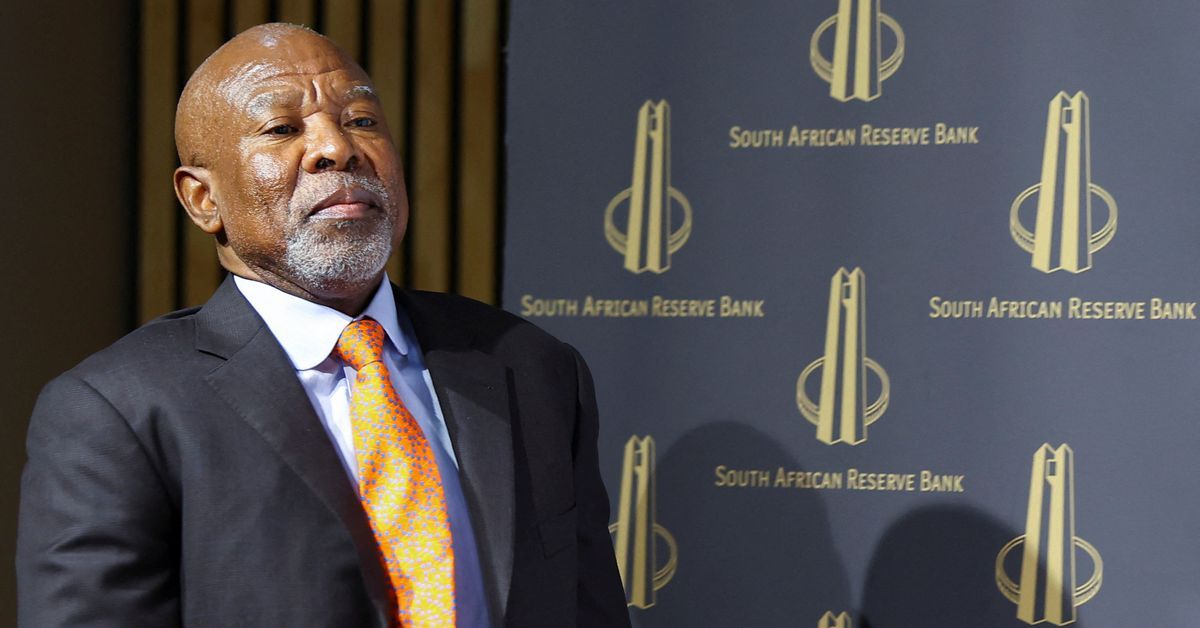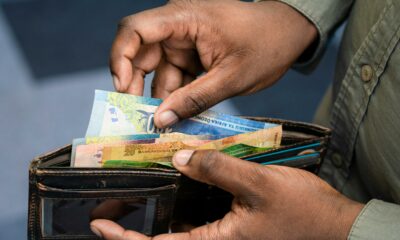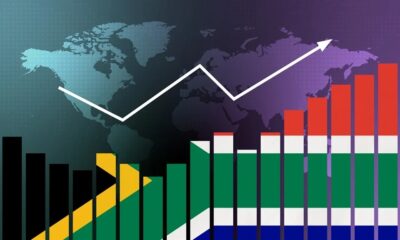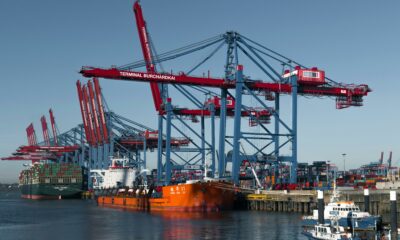Business
Why South Africa’s High Interest Rates Are Holding Back Economic Growth

Despite low inflation, the Reserve Bank keeps interest rates high—and business confidence flat
For South African entrepreneurs, homeowners, and investors, the recent 25 basis point interest rate cut by the South African Reserve Bank (SARB) barely registered as a blip on the radar. If anything, it added to the growing frustration among private sector players who feel left behind in the country’s post-Covid economic rebuild.
Renier Kriek, managing director of Sentinel Homes, summed up the mood: “The SARB seems to be reading from a playbook the rest of us haven’t seen.”
While inflation dropped to 2.8%—below even the SARB’s own 3–6% target range—the Reserve Bank has been reluctant to significantly cut rates, choosing instead to stay hawkish. The result? Stalled private sector investment and a property market still limping through recovery.
Playing it too safe?
At the heart of the issue is SARB’s rigid adherence to inflation targeting. The Monetary Policy Committee (MPC) argues that its goal is to anchor inflation expectations at 4.5% to ensure long-term price stability. But critics say this dogged approach is misaligned with the country’s urgent need for growth.
“If inflation is comfortably below target, why are we still being punished with high interest rates?” asks Kriek.
His concerns are echoed by many in the property and finance sectors who argue that South Africa is passing up a crucial opportunity for stimulus. With inflation benign and household consumption under strain, many believe the SARB should be more aggressive in slashing rates to unlock investment and spending.
Private sector on pause
The effects of high borrowing costs are plain to see. Businesses remain hesitant to invest in capital projects, and homeowners are feeling the pinch.
According to the National Credit Regulator, home loan delinquencies have spiked by 35% over the past three years—a red flag for a market already stretched thin. While Stats SA’s Residential Property Price Index shows early signs of recovery in metro markets, the uptick is fragile. Experts warn that a wave of distressed properties could soon flood the market, depressing prices further.
Samuel Seeff, chair of Seeff Property Group, believes the SARB’s inaction is hurting the economy more than helping: “Lowering borrowing costs would stimulate business investment, and crucially, put more money back into the pockets of consumers.”
The quiet shift in SARB’s mission?
What has stirred controversy in financial circles is the perception that SARB’s decision-making is no longer guided solely by its formal inflation mandate. Kriek suggests the central bank is already operating according to a new, unofficial playbook—one that aims to re-engineer the South African economy into a low-inflation regime permanently.
While this vision may pay dividends in the long run, critics argue it’s a risky bet when the economy is still on its knees. “You don’t ask a patient to run a marathon while they’re still in recovery,” says Kriek. “Let’s get back on our feet first.”
A world of uncertainty and little local help
Adding to the sense of unease is South Africa’s exposure to global shocks. With political turbulence in major economies—most notably the U.S. under Donald Trump—markets are jittery. Locally, the lack of a predictable interest rate environment only fuels business anxiety.
As Chris Tyson of Tyson Properties puts it, “We had a mini-boom after Covid, but rate hikes snuffed it out. Now, just as we’re seeing green shoots, SARB’s caution is making investors nervous again.”
The case for bold action
Despite signs of global instability, the rand has strengthened, and domestic demand pressures remain weak—conditions that typically encourage a dovish policy stance. Instead, SARB has doubled down on conservative monetary policy, leaving many to wonder if the institution is out of touch with the urgency of South Africa’s socio-economic challenges.
The unemployment rate remains among the highest in the world. Small businesses are cash-starved. And the cost of capital is simply too steep for most to take meaningful risks.
What the country needs, according to critics, is not more lectures about “long-term gain,” but immediate, decisive action to kickstart growth.
There’s little doubt that maintaining a stable currency and containing inflation are vital to South Africa’s long-term prosperity. But with inflation tamed and the economy gasping for momentum, SARB’s obsession with theoretical stability could come at a dangerous cost.
The current moment may be South Africa’s best chance to pivot toward meaningful growth. The question is: will the Reserve Bank get out of the way—or continue to stand between the country and its recovery?
{Source: IOL}
Follow Joburg ETC on Facebook, Twitter , TikTok and Instagram
For more News in Johannesburg, visit joburgetc.com



























